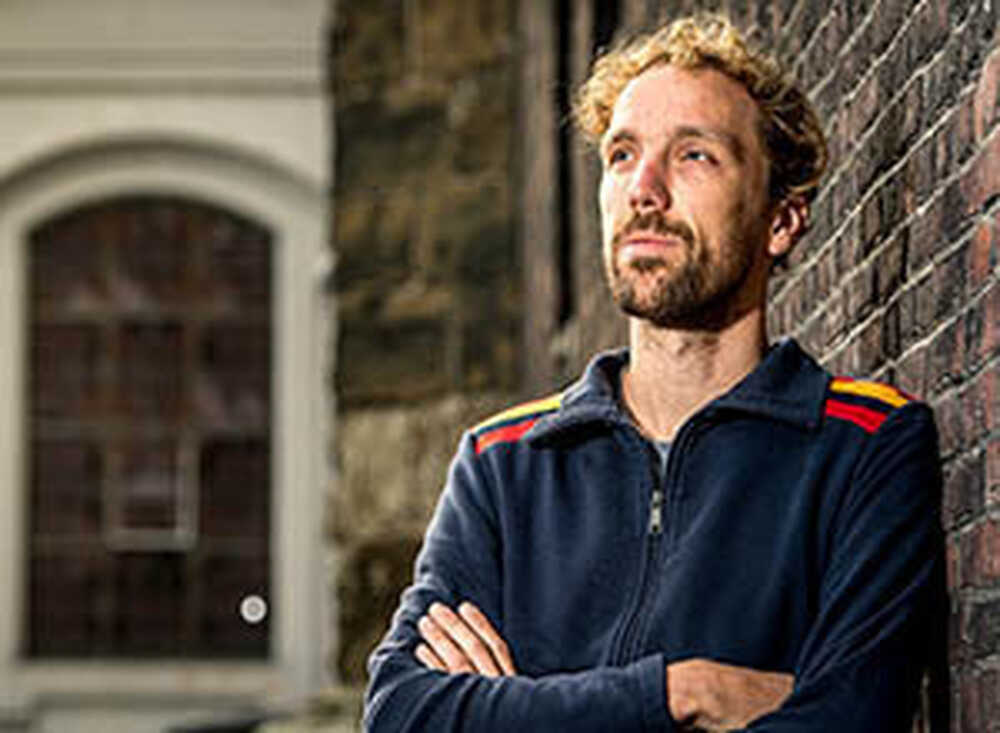
Interviewer: Stijn Van Petegem, you have recently joined ULB as an FNRS research associate. The same year, you have also been awarded an ERC grant. Congratulations! In a nutshell, what is your ERC project SAFE-SORRY is about ?
Stijn Van Petegem: Thank you! On the professional level, it was an incredible year indeed. As for the topic, I come from developmental psychology, mostly having worked on the relationship between parents and adolescents, the implications of different parenting styles, on parental rule setting… The ERC project builds up on this work. Over the last years, I have been working on overprotective parenting: parents who want to do “too well” in some way, and become overly involved in their children’s lives. We know that overprotective parenting is not so good for the development of children, adolescents and young adults, as it is predictive of different types of psychopathology. Nevertheless, it is important to keep in mind that the large majority of parents aim to do well. However, as our society is changing, the central hypothesis is that parents who are overprotective are just trying to adapt to a certain societal context.
In this ERC, my question then is: why do parents become overprotective? So far, the literature has already examined some of the causes of overprotective parenting, but mostly looking at individual factors, either on the child’s or the parents’ side, and not so much the broader, contextual factors. This is problematic because it puts all the responsibility on parents/children, which reinforces an implicit tendency to blame the individuals. Yet we know that overprotective parenting happens within a broader cultural, societal and historical context. The goal of the ERC is to look into macrocontextual factors like socioeconomic, historical or even political factors that might explain why certain parents become overprotective in today’s society. To build this ERC project, I had to take a step back to better understand how other research fields could contribute to our understanding of parenting and parenthood.
There are three main factors that we look into: societal pressure that the parents may experience to be “perfect parents”; our relationship with risk/danger; and economic factors. As for the latter, over the past few decades, inequality has been increasing. For some economists, this would encourage parents to over-invest in their children, to ensure that they are able to survive in a job market that becomes increasingly precarious.
Interviewer: Is there a “secret ingredient” in your ERC project, that got it funded ? Was it your first application?
SVP: Yes, it was my first application. Of course, it is difficult to identify one “ingredient”, and probably there is quite a bit of luck involved. But the ERC guidelines make it clear that your project should be high risk/high gain and highly interdisciplinary. What I did is that I didn’t let myself being restricted by the typical rules and conventions from my specific field. For this project, I started reading literature from very different fields, and no idea was too crazy or farfetched to be included in the project. I really aimed at bringing together topics that were not usually brought together. And at a certain point, all the pieces of the puzzle seemed to fall together.
Interviewer: It sounds like you had to become an expert in many different fields. How did your academic background shape your expertise ?
SVP: I wouldn’t say that I am an expert in all those fields, I am still learning a lot ! What helped me most was to discuss with people from different domains. I was in Lausanne for 5 years and there I met people working on sociology, gender studies, history… By becoming familiar with these disciplines and their ways of looking at general processes, it helped me to be more open to these domains, with a better understanding of them. Discussing my project with them was incredibly helpful.
Interviewer: Did the recent pandemic change the scope of “SAFE-SORRY” scope, in any way ?
In general, it seems that the pandemic reinforced tendencies that we were already observing before. For example, people who are economically precarious suffered more from the pandemic, which also had its consequences in the family domain. Also, the relationship with risk changed a lot: the COVID pandemic was an objective danger that was everywhere all of a sudden, so this is a factor that we should consider in the project as well. Certain behaviors that would have been seen as overprotective before the pandemic became the norm, for example: not letting your children go outside and spend time with friends. All of a sudden, those behaviors were seen as normal and well adapted to the context. Such drastic events, with society-wide implications, of course cannot be ignored in our project.
Read more about the SAFE-SORRY project on https://www.ulb.be/fr/financements-erc/erc-research-project-safe-sorry-stijn-van-petegem


